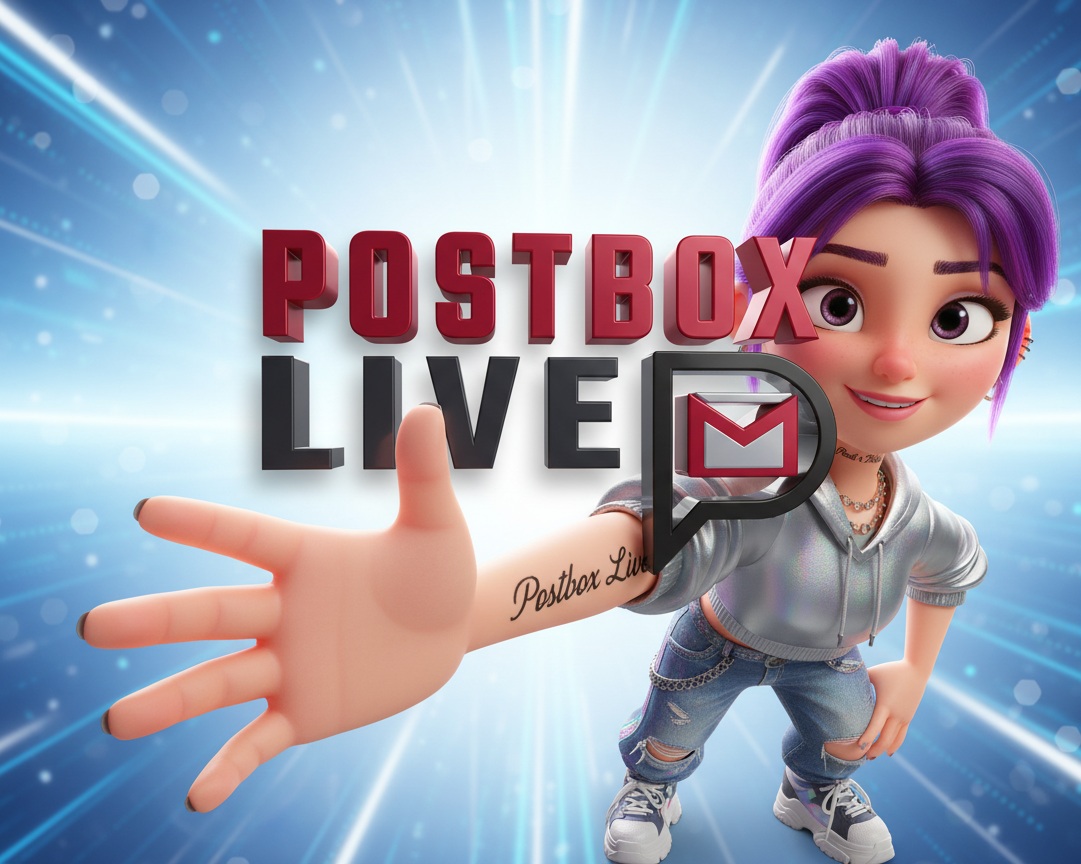Why This Artist Is Suing the U.S. Copyright Office to Protect His AI-Generated Artwork
Discover why digital creator Jason Allen is suing the U.S. Copyright Office after it denied protection for his AI-generated image. Explore how this landmark case could shape the future of AI and copyright law in 2025.
Jason Allen, a 41-year-old game designer, spent over 100 hours working with Midjourney, an AI image generator, to create an artwork that later won a digital art award. Now, he’s taking the U.S. Copyright Office to court after it refused to grant copyright protection for his AI-assisted image.
From Inspiration to Controversy
Allen first got intrigued by AI-generated art when surreal landscapes started appearing on his Facebook feed. Fascinated, he began experimenting with text-to-image tools like Midjourney. In May, he used over 600 unique text prompts to create an illustration of women in a futuristic royal court, blending Victorian fashion with space helmets.
That image, titled Théâtre D’opéra Spatial, won first place in the digital art category at the Colorado State Fair. But when Allen filed for copyright, the U.S. Copyright Office rejected it, arguing that the piece lacked “human authorship.”
“A Kick in the Face”
Allen didn’t take the rejection lightly. He explained that it took hundreds of precise prompts to guide the AI in generating the desired result. “There was a lot that went into it,” he told Forbes. “Version two of Midjourney didn’t make it easy to get the results I wanted.”
Believing the decision unfair, Allen has now filed a lawsuit in federal court, aiming to reverse the ruling.
The Copyright Dilemma
The Copyright Office hasn’t commented on ongoing litigation. However, Midjourney’s website says users own the images they create, but also grants the company broad rights to reproduce and distribute them.
After the denial, Allen noticed people copying and reselling his image on platforms like Amazon, Etsy, and OpenSea. “Some even said outright they would steal it because the law wouldn’t protect me,” he said.
Bigger Battle in the Art World
Allen’s fight reflects a broader tension in the art community. Many artists believe AI tools threaten their work. In 2023, a group filed a class-action lawsuit against Midjourney, Stability AI, and Runway, accusing them of training their models using billions of copyrighted artworks without permission.
Recently, a court allowed that lawsuit to move to the discovery phase, which means both sides can now request access to relevant documents, including training data.
How Tech Firms Are Responding
The companies involved have asked the court to dismiss the claims. Runway argues that artists haven’t proven that Stable Diffusion stores their work or creates exact copies. Stability AI says their models are code, not art, and style isn’t copyrightable. Meanwhile, Midjourney’s lawyers compared their system to a photocopier, claiming it doesn’t break copyright even if it mimics existing images.
The Law Is Playing Catch-Up
The Copyright Office, part of the Library of Congress, is still deciding how to apply century-old copyright laws to modern AI-generated content. It’s currently evaluating whether using copyrighted works for AI training qualifies as fair use, and which AI-assisted works deserve legal protection.
In February, the agency announced it had registered over 100 works involving AI while also rejecting others with too little human input.
A Divided Creative Community
Not everyone opposes the Copyright Office’s position. Writer Elisa Shupe, for example, received copyright protection for a book she co-wrote with ChatGPT after appealing the initial denial. Although AI helped generate parts of the book, Shupe’s human arrangement and curation secured the protection.
This ruling shows that even with AI involvement, the human element still matters in copyright decisions.
“Intent Should Matter More Than Effort”
Allen disagrees with the idea that copyright depends on the level of effort. “Even if I had used a single prompt like ‘a cat riding a skateboard,’ I should still be the author,” he argues.
In his view, intent and creative input, no matter how minimal, should qualify someone as the creator. “If a person uses a machine to create something, they are still the author,” he said.
What Allen Wants Next
Today, Allen runs an online gallery and sells fine art prints of his AI-generated works. He prefers to call himself a digital creator, not an artist. His goal is to continue producing hundreds of pieces using AI tools, all under copyright protection.
“The thing about Midjourney is, you don’t have to be an artist to create art anymore,” he says.
#AIArt, #JasonAllen, #CopyrightBattle, #Midjourney, #DigitalArt, #AICreativity, #AIlawsuit, #CopyrightLaw, #FairUse, #GenerativeAI, #FutureOfArt, #AIvsArtist, #USCopyrightOffice, #CreativeRights, #AIDebate2025,

